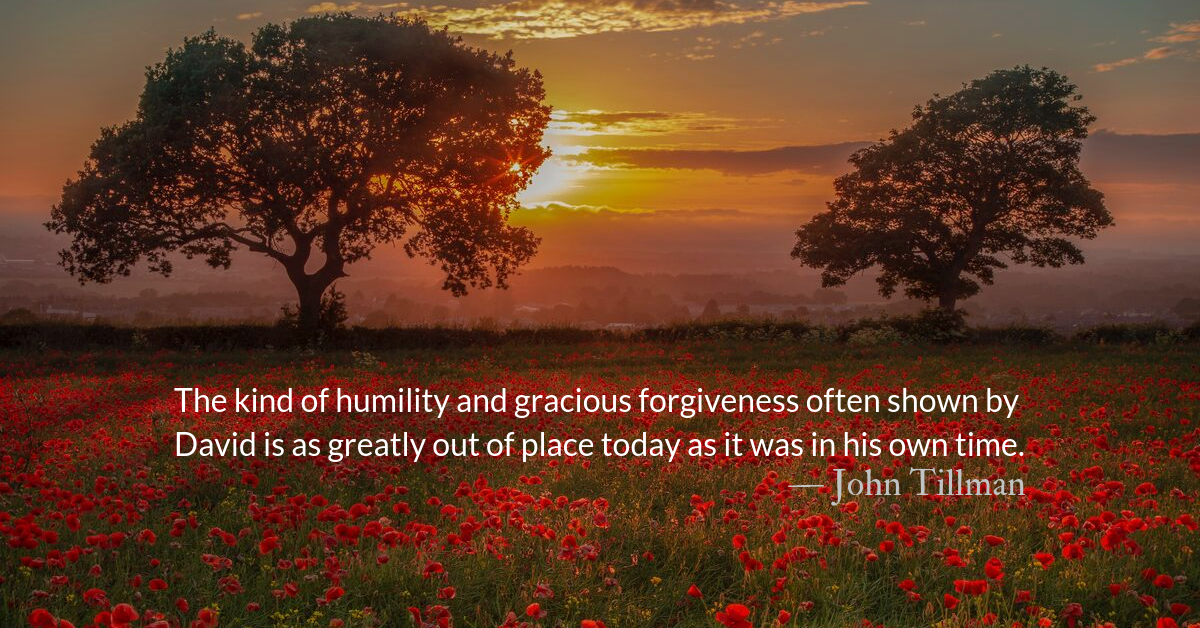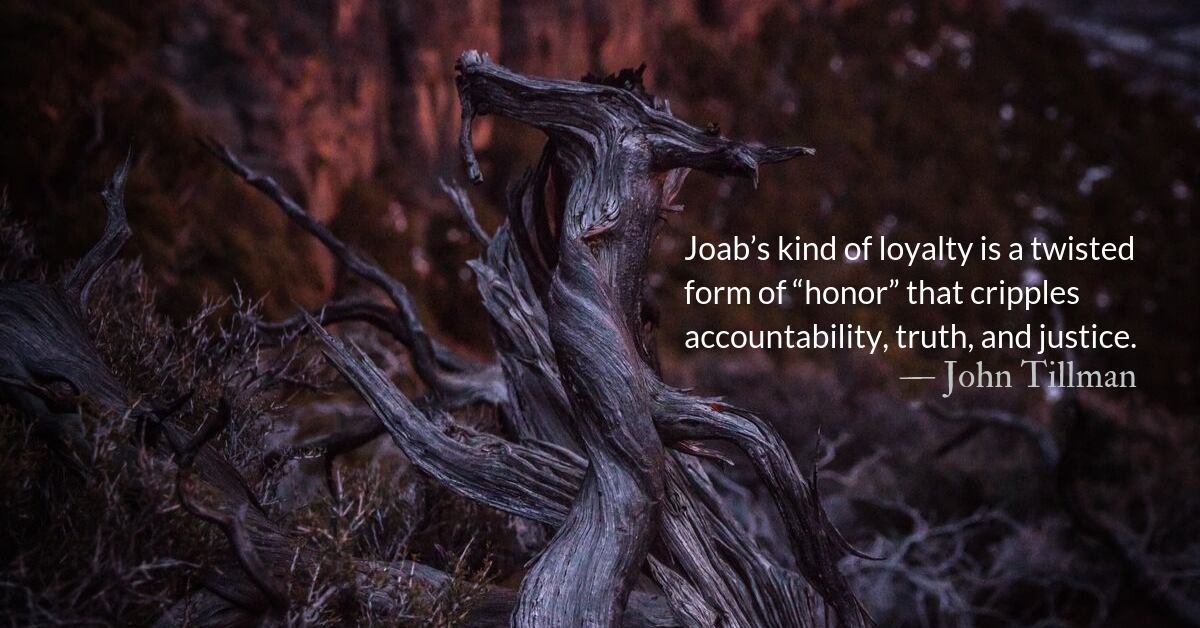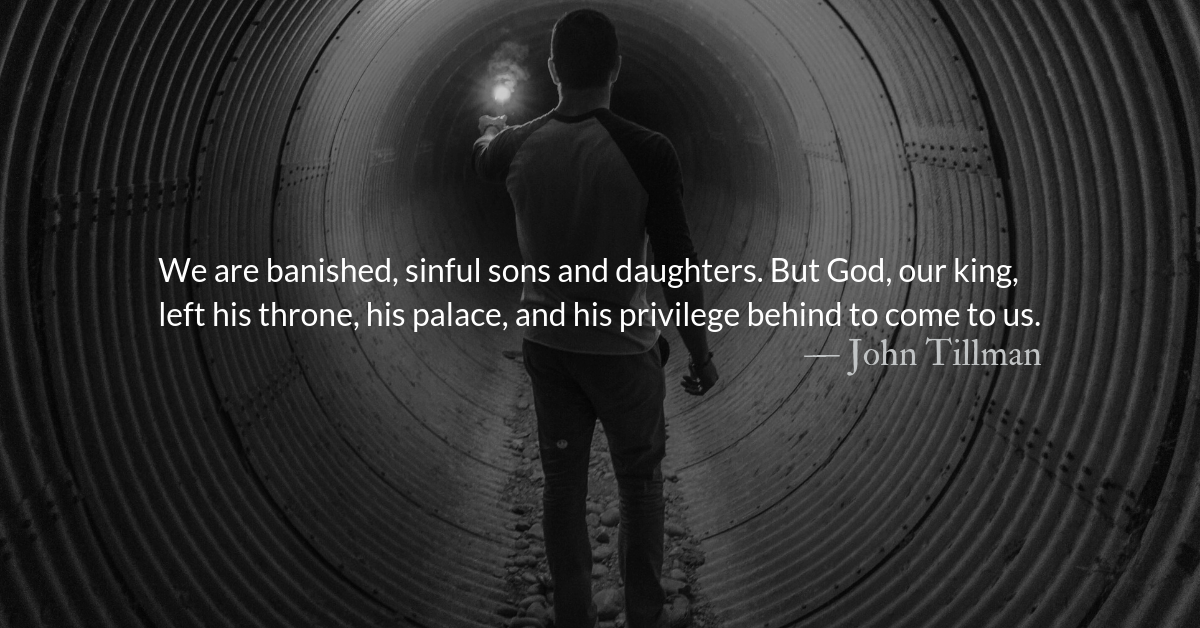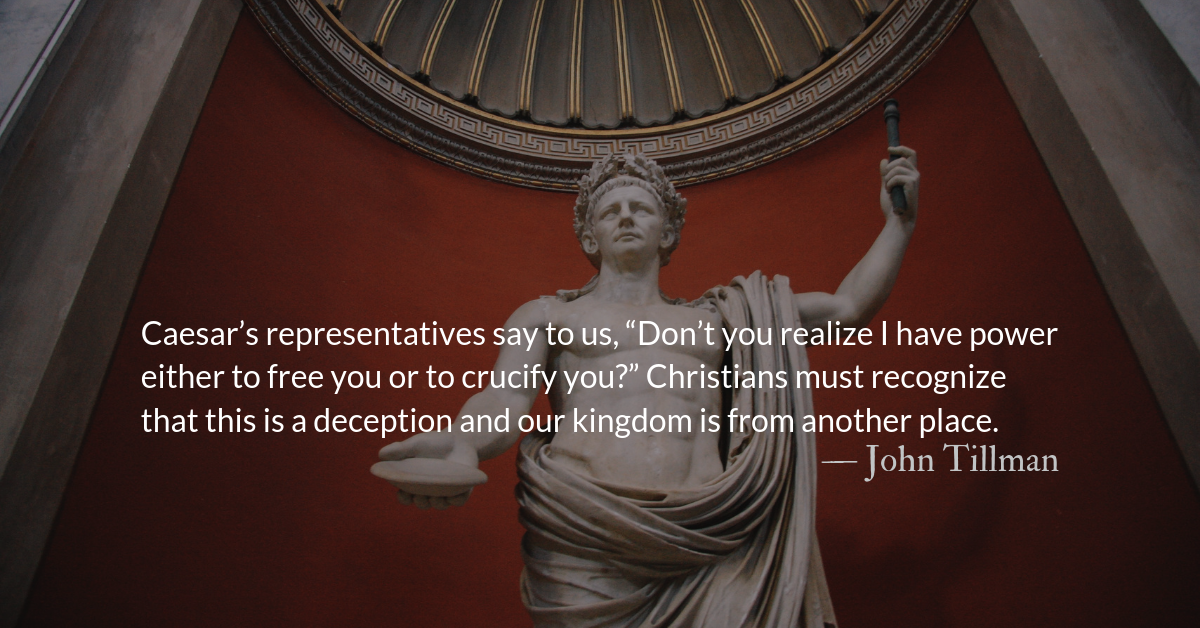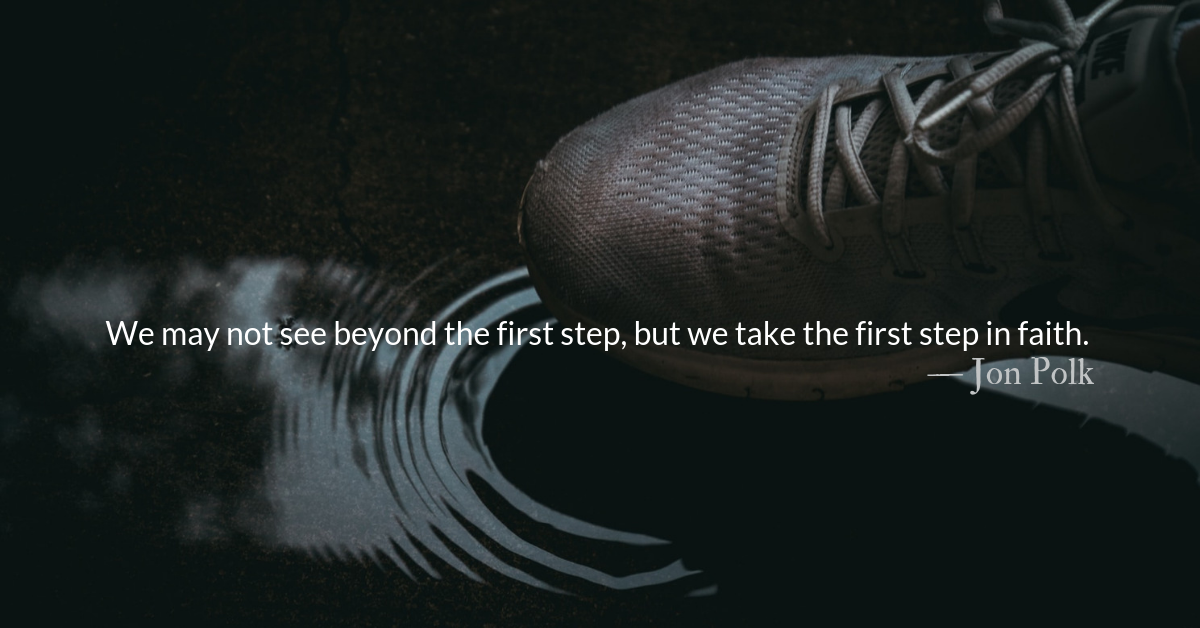Scripture Focus: 2 Samuel 20.9-10
Joab said to Amasa, “How are you, my brother?” Then Joab took Amasa by the beard with his right hand to kiss him. Amasa was not on his guard against the dagger in Joab’s hand, and Joab plunged it into his belly.
2 Corinthians 13.11-12
Finally, brothers and sisters, rejoice! Strive for full restoration, encourage one another, be of one mind, live in peace. And the God of love and peace will be with you.
Greet one another with a holy kiss.
Reflection: Grace Displaces Retribution
By John Tillman
The kind of humility and gracious forgiveness often shown by David is as greatly out of place today as it was in his own time.
Those who cursed David during his flight from Absalom had no right to expect anything but death and destruction on David’s return. Retributive violence was the norm. But David risks displacing retribution with grace. One example is the cursing of Shimei.
Shimei was a member of Saul’s family who cursed David, accusing him of being a murderer and claiming God was punishing him for his sins against Saul’s house. David acknowledged that perhaps God had sent Shimei to curse him and submitted to the humiliating rain of dirt, stones, and curses. Abishai would have cut Shimei’s head off but David prevented it.
Shimei’s accusations are at least half-true. David was a murderer of Uriah and was in the company of murders such as Joab and Abishai who had murdered Saul’s former general, Abner. Shimei, whether in true repentance or simply to save his skin, repents of his former actions, and David spares him from Abishai’s sword a second time.
When seeing a beloved leader pelted on Twitter with half-truths, many respond as Abishai, “let me go over and cut off his head.” Some “Joabs” in ministries have engaged in just these kinds of violent threats against those who have accused pastors and ministries of wrongdoing, even when the accusations were far more accurate than those of Shimei.
As David tried to put back together a shattered nation, he continued to reach out to enemies in peace. When another rebellion arose from Sheba of Bikri, David chose Amasa, who had commanded the army of his rebellious son, Absalom, as his new army commander to put down the rebellion.
Whether by incompetence or from some other motive, Amasa takes too long and David sends Abashai after him. Joab murders Amasa and takes his job back to put down the rebellion.
Like David, we live in a culture of violence.
We, like Christ, must be ready to rebuke violence.
Through the Holy Spirit may we have the grace to say, “No more of this!…Put your sword back in its place. For all who draw the sword will die by the sword.”
It may seem impossible and impractical to replace retribution with grace but this is the “full restoration” that Paul calls chuches to enact.
May we do so in His grace.
Divine Hours Prayer: The Call to Prayer
Love the Lord, all you who worship him; the Lord protects the faithful, but repays to the full those who act haughtily. — Psalm 31.23
– From The Divine Hours: Prayers for Summertime by Phyllis Tickle.
Today’s Readings
2 Samuel 20 (Listen – 4:51)
2 Corinthians 13 (Listen – 2:19)
Thank You!
Thank you to our donors who support our readers by making it possible to continue The Park Forum devotionals. This year, The Park Forum audiences opened 200,000 free, and ad-free, devotional content. Follow this link to join our donors with a one-time or a monthly gift.
Read more about A Christian Response to Offense
There is nothing in the Christian faith more strangely counter-cultural, and more practically difficult to live out, than how the New Testament instructs us to deal with offenses and with offenders.
Read more about Dealing with Joab
One of David’s greatest failings as a leader might be failing to deal with Joab. If you are a leader, you may attract a Joab. Beware.


